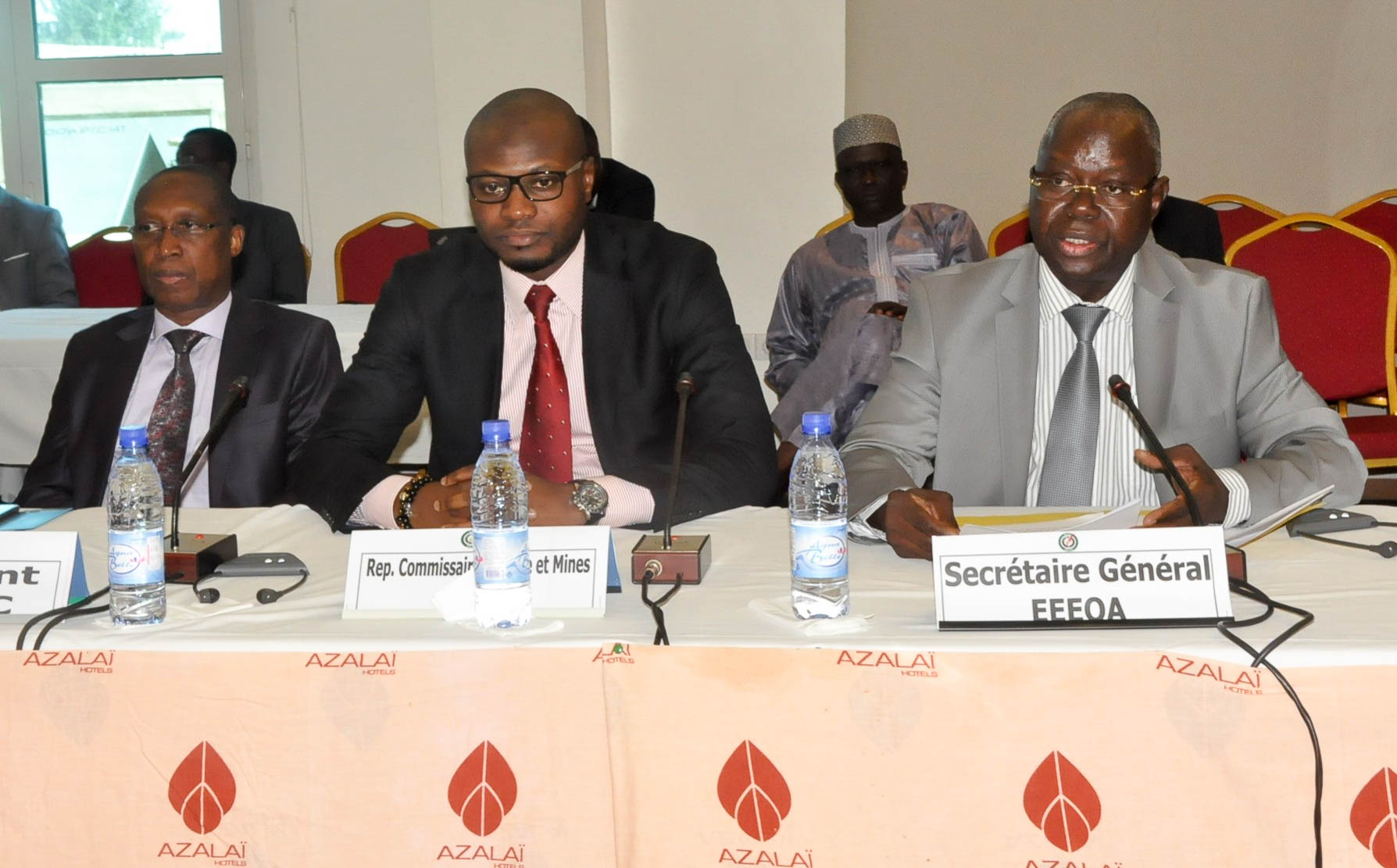Banner news & pages internes


Validation Workshop for the ECOWAS Revised Master Plan
The General Secretariat of the West African Power Pool (WAPP), organized from 19th to 22nd September 2018 in Cotonou, a meeting of the stakeholders of the ECOWAS Electricity Sub-sector and the Technical and Financial partners of the WAPP. The purpose of this meeting was to examine and adopt the provisional report of the study to update the revised ECOWAS Master Plan for the Generation and Transmission of Electrical Energy. This study is financed by a grant from the European Union under the 11th EDF Regional Indicative Programme. The meeting also considered the report of the study commissioned by the World Bank on battery storage applications in the WAPP network.
This four-day meeting brought together representatives of the Ministries of Energy of ECOWAS Member States, the ECOWAS Commission, the UEMOA Commission, ARREC, WAPP member companies and OMVG, OMVS, TRANSCO-CLSG and the WAPP General Secretariat as well as WAPP financial and technical partners such as the EU Delegation in Benin, AFD, AfDB, EBID, BOAD, WB, GIZ, JICA, USAID and IFC.
The meeting was opened by Mr Arkadius KOUMOIN, on behalf of Mr Sédiko DOUKA, ECOWAS Commissioner for Energy and Mines, who was unable to attend. But before his opening address, Mr. Siengui A. KI, Secretary General of the WAPP, welcomed the participants and recalled the reasons behind the updating of the Plan. These included the need to take into account new national and sub-regional development plans, the reduction in the cost of intermittent renewable energy production equipment and the development of the Regional Electricity Market. Given the importance of this plan for the future development of electricity infrastructure in the sub-region, he invited participants to work hard and fruitfully.
The provisional report of the plan presented by the Consultant Tractebel forecasts a total installed capacity of 95 GW by 2033, including 37.5 GW of renewable energy (wind and PV) and 12.7 GW of hydroelectricity. The energy mix will be composed of 36% renewable energy production, 64% thermal production (62% gas and 2% for the others). To deploy this production, a transmission network has been proposed and aims, among other things, to:
Opportunities for interconnection with Morocco, Cape Verde and the Central African Power Pool have been explored.
Also, the results of the analysis of the possibilities to overcome the challenges related to the massive introduction of intermittent renewable energies into the grid through battery electricity storage, were presented by the DNV-GL Consultant as part of the study commissioned by the World Bank.
At the end of the meeting, the report was adopted subject to the Tractebel Consultant taking into account the comments and observations made by the participants in finalizing the report.
The final report is expected on 5 October 2018 and the WAPP General Secretariat will take the necessary steps to ensure that this report is submitted to the next ECOWAS Summit of Heads of State and Government for final adoption.